
Outstanding driving dynamics and high build quality. These are just two synonyms associated with cars made by German manufacturers, which is still a common reason for buying a vehicle produced by one of the most influential automotive countries in the world.
While great build quality and driving enjoyment can be a great cause to buy a used German car, before choosing the maker, there is one crucial question to answer – who makes the most reliable German cars?
Dependability and reasonable maintenance costs are important features for any used vehicle owner, but they are especially important when purchasing a German vehicle. To help you avoid making a costly mistake, carVertical has made a list to assist you in finding the most dependable German car.

Looking for a reliable car?
A well-maintained and undamaged car is the most reliable! Check any VIN code to make sure you're not buying a wreck:
Ranking the most reliable German car manufacturers
There are currently six major car manufacturers in Germany. Approximately six million new cars are produced within the country, and 5 million more are produced in other regions. These include Hungary, Poland, China, and the United States.
So which of the German makers builds the most reliable vehicles?
6. Opel

Opel is one of the oldest automobile manufacturers in the world. Like Mercedes-Benz, Opel created their first car quite early – in the late 1890s. Also, like Mercedes-Benz, Opel was quite good at it.
However, the similarities between the two manufacturers disappeared in the 1930s. Mercedes-Benz quickly became synonymous with the best luxury cars in the automotive industry, while Opel suffered from poor General Motors management and a poor reliability record.
How reliable is Opel?
There is an unusual distortion of statistics when trying to determine Opel's (Vauxhall in the UK) dependability. Several vehicle reliability studies from Germany conclude that Opel cars have higher quality standards than equivalents from other brands.
However, vehicle reliability studies in other countries reveal a sad reality. For example, owners of the Opel Corsa, Insignia and Zafira report issues with oil-hungry petrol engines and questionable manual transmission durability.
Newer models, such as the Grandland or Crossland, show a lot more promise in terms of dependability. The Opel Grandland came in at seventh place out of 75 cars in the Driver Power customer satisfaction survey, but in overall brand ranking, Opel (Vauxhall) came in at 24 out of 29.
The most reliable Opel – Opel Astra

One of the most popular of the company's models is also one of the most reliable. The 5th generation Opel Astra offers a solid ownership experience with fuel-efficient engines and proven electrical systems.
Dependability studies have shown that Opel Astra's reliability is better than expected of the manufacturer. The Opel Astra is more dependable than the more expensive and bigger Opel Insignia, which is known for costly timing-chain and AdBlue systems failures.
5. Volkswagen
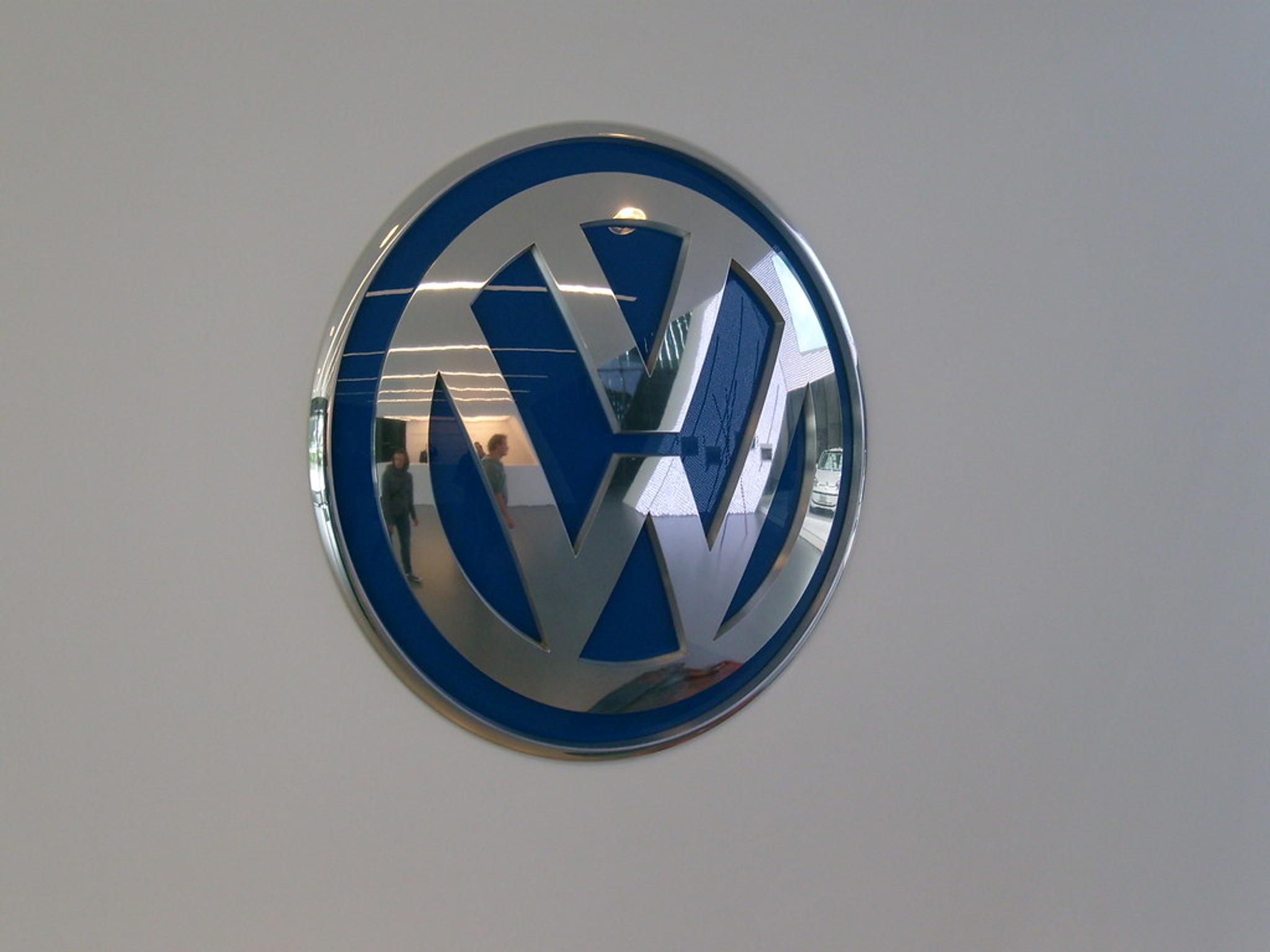
Volkswagen has been Europe's largest car manufacturer for decades. An extensive model range and a relatively conservative approach to car styling have won the hearts of many drivers in various parts of the world.
How reliable is Volkswagen?
Europe's largest car manufacturer has long ceased to be a symbol of dependability. The advent of sophisticated technology and safety equipment has taken a severe toll on Volkswagen's image as a reliable car manufacturer.
Owners report that Volkswagens have problems with corrosion, faulty fuel-injection systems or faulty water pumps, and that's just a start. With that said, the latest vehicle reliability studies show that the German carmaker is starting to learn from their mistakes.
The French automotive magazine Auto Plus conducted a survey in which Volkswagen ranked 7th – higher than Hyundai, Volvo, or Ford. Also, compared with earlier survey data, the notoriously unreliable DSG transmission has become a thing of the past, as has the faulty timing-chain system on models with petrol engines. However, modern Volkswagen’s do have issues with the build quality and software functionality.
The most reliable Volkswagen model – Volkswagen Tiguan
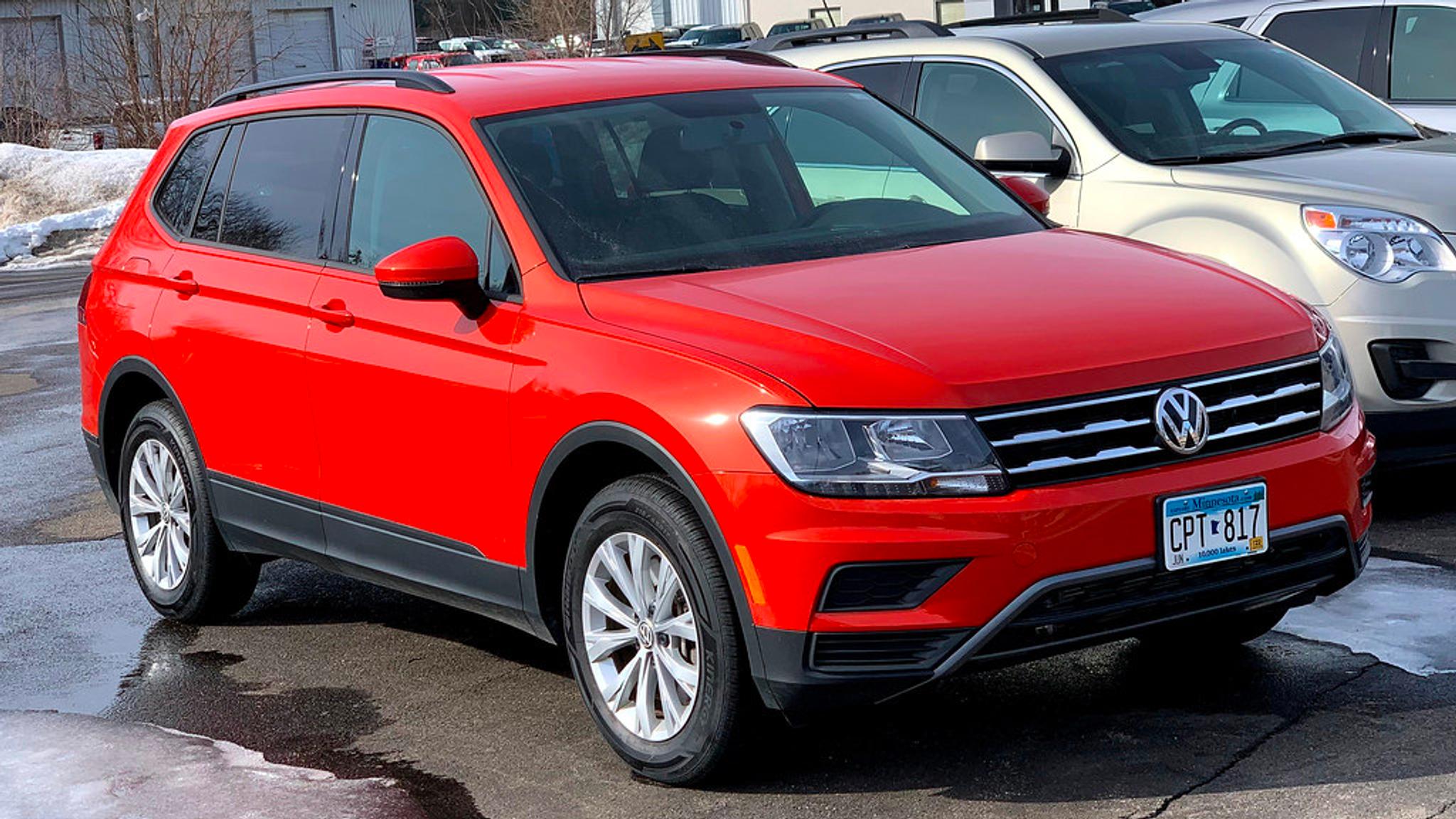
Practicality and better ground clearance are some of the Tiguan's better qualities. This Volkswagen SUV (along with the T-Roc) is also the most reliable car in the manufacturer's wide range. This is especially true of the fuel-efficient 2-liter diesel engine version.
The latest generation of the DSG dual-clutch transmission does not seem to have big weaknesses or expensive breakdowns. Furthermore, the North American market versions use a traditional 8-speed torque converter automatic gearbox, which helps reduce maintenance complexity.
4. BMW
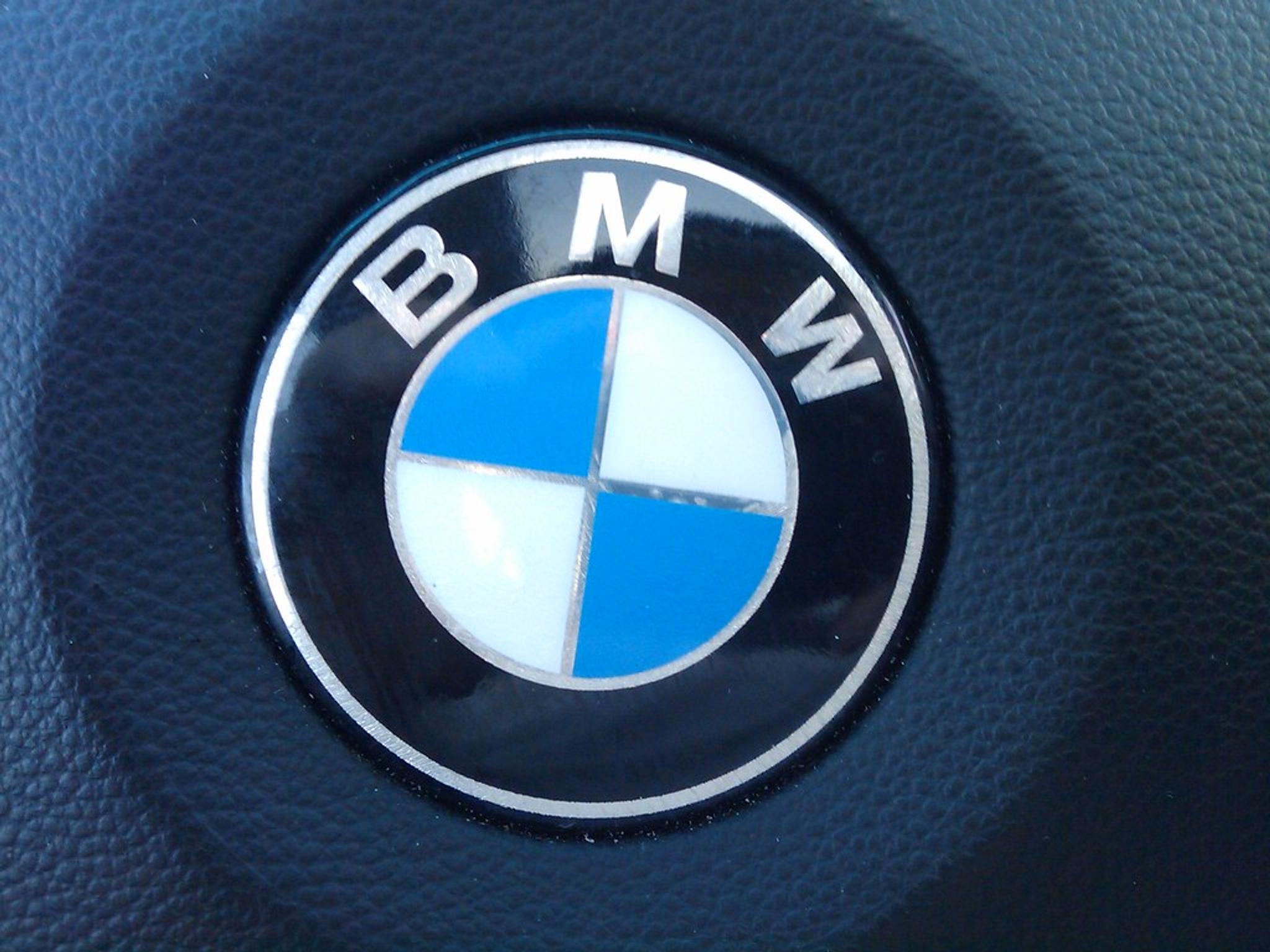
The ultimate driving machine. For decades, BMW used this slogan as a symbol of the brand's spirit – made not just for comfort but also for sportier driving.
Like Porsche, BMW has made several successful performance vehicles, adored by car enthusiasts. However, the company has had many painful reliability setbacks, which have undermined BMW’s reputation and the image that German cars are reliable.
How reliable is BMW?
Mercedes-Benz and Volkswagen were once considered reliable. Meanwhile, the reliability of BMWs has always been just above average.
According to data from Consumer Reports, BMW earns 3 stars out of 5 for new (0-3 years) and older (3-8 years) models. BMW owners seem to feel that over 12 months, ownership of their BMW had been a mediocre experience, with frequent, frustrating visits to the workshop.
Consumer Reports places BMW in 17th place among all manufacturers. The German brand was beaten by Cadillac, Audi, and other luxury carmakers.
The most reliable BMW model – 5 Series
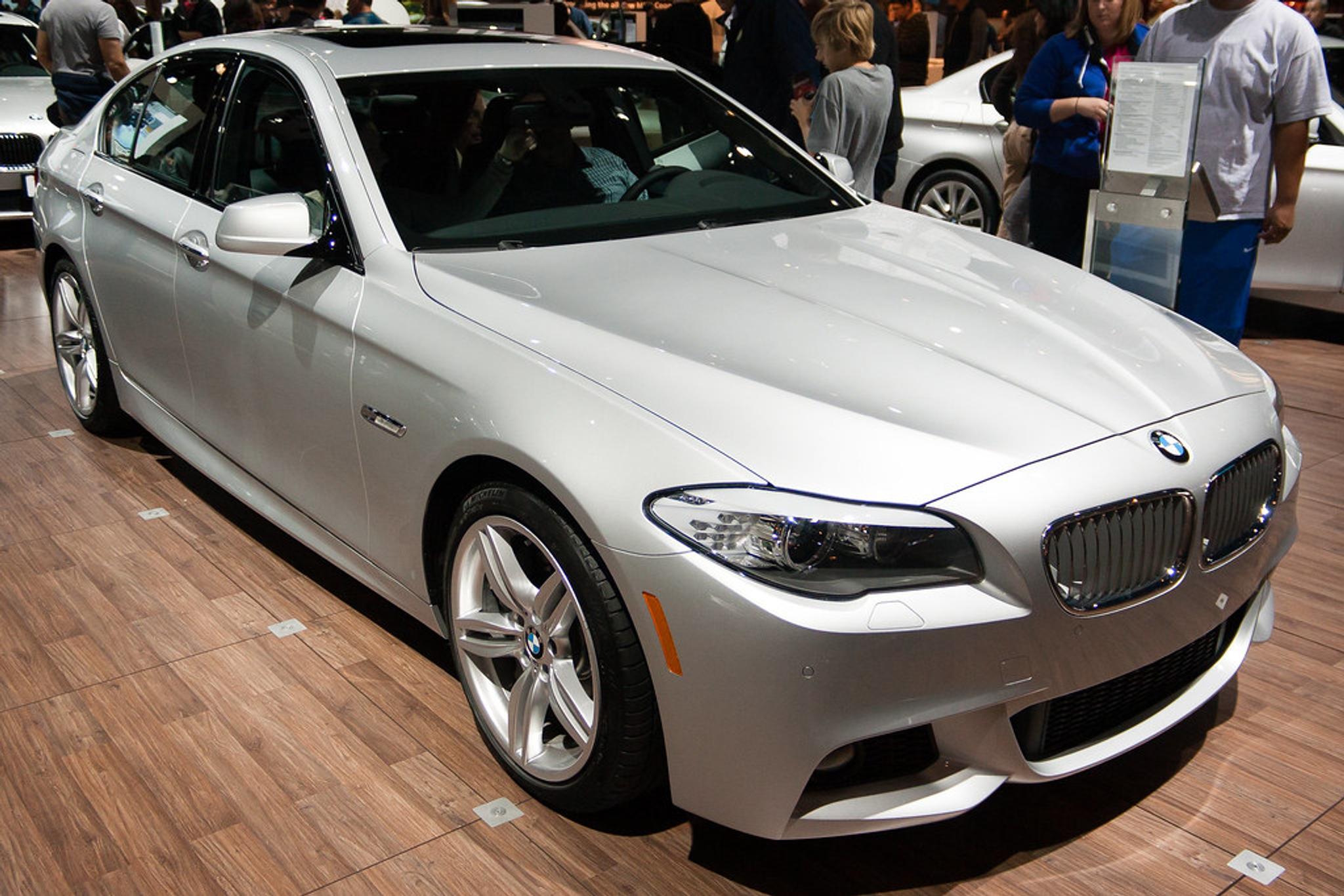
Neither too big nor too small. With a saloon or estate body style, it's not as stylish and desirable as the X3 or X5 SUVs today, but you get a more reliable car.
Surprisingly, the 5 Series, packed with technology and sophisticated systems, ranks higher on car reliability tests than the less complicated 1 and 3 Series. Owners tend to complain about software issues or problems with cooling systems, but these are minor flaws compared to BMW X5, X6, and others.
3. Mercedes-Benz
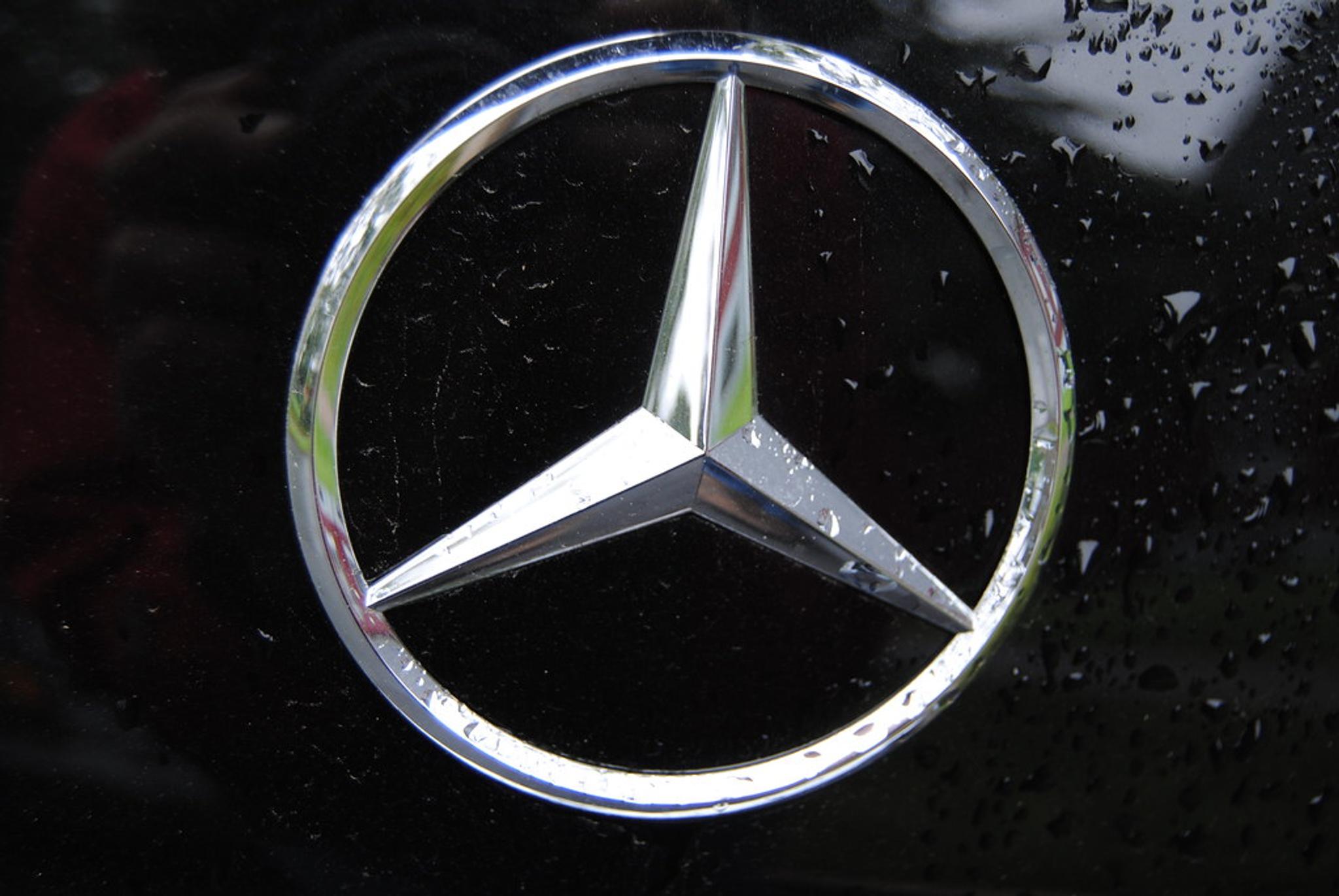
For decades, Mercedes-Benz was cherished for reliability and dependability. There are dozens of stories about these marvels of German engineering cruising without a proper engine rebuild in their 40th year – mileage be damned. It was a symbol of German luxury and dependability.
Like all its major competitors, Mercedes-Benz saw its quality slide down, but the latest models show promising signs that Mercedes wants to become a symbol of quality once again. However, the company will have to put in a lot of work to turn around its fortunes.
How reliable is Mercedes-Benz?
Several independent customer satisfaction surveys have placed Mercedes-Benz at the top of the satisfaction index for luxury cars, usually followed by Lexus. A high customer satisfaction rating helps improve relations with owners, but Mercedes-Benz drivers claim the brand's customer service has little to do with the reliability of its cars.
Every year, the French magazine Auto Plus conducts a vehicle owner survey to determine which manufacturers produce reliable vehicles and what problems they've had over the years.
For the past few years, Mercedes-Benz's reliability has ranked at the 16-17th position. Neither good nor bad. The survey reveals that all of the luxury marque's models suffer from the same issues. The A and B-Class have major issues with automatic gearboxes, C and E-Classes suffer from sunroof glitches or more frequent than usual turbocharger failures. The more popular SUVs have problems with failing sensors and stalling infotainment systems.
Mercedes-Benz's reliability and repair costs were also criticized by owners who took part in a survey by the European Consumer Association. Over 43,000 motorists said that Mercedes-Benz's reliability is just average, and most of them were expecting more from a make like Mercedes-Benz.
The most reliable Mercedes-Benz model – C Class

One of Mercedes-most Benz's most versatile and popular models, and for good reason. The W205 generation of cars was available as a saloon, estate, coupé, and even convertible. The W205 also offers a huge variety of petrol, diesel, and even hybrid power plants, so even the most selective buyer has a choice.
While the C-Class is the most reliable Mercedes-Benz model, it isn't fault-free. Owners report that C-Class models have problems with jerky or freezing navigation systems, malfunctioning 9-speed automatic gearboxes, or early turbocharger failures.
2. Audi
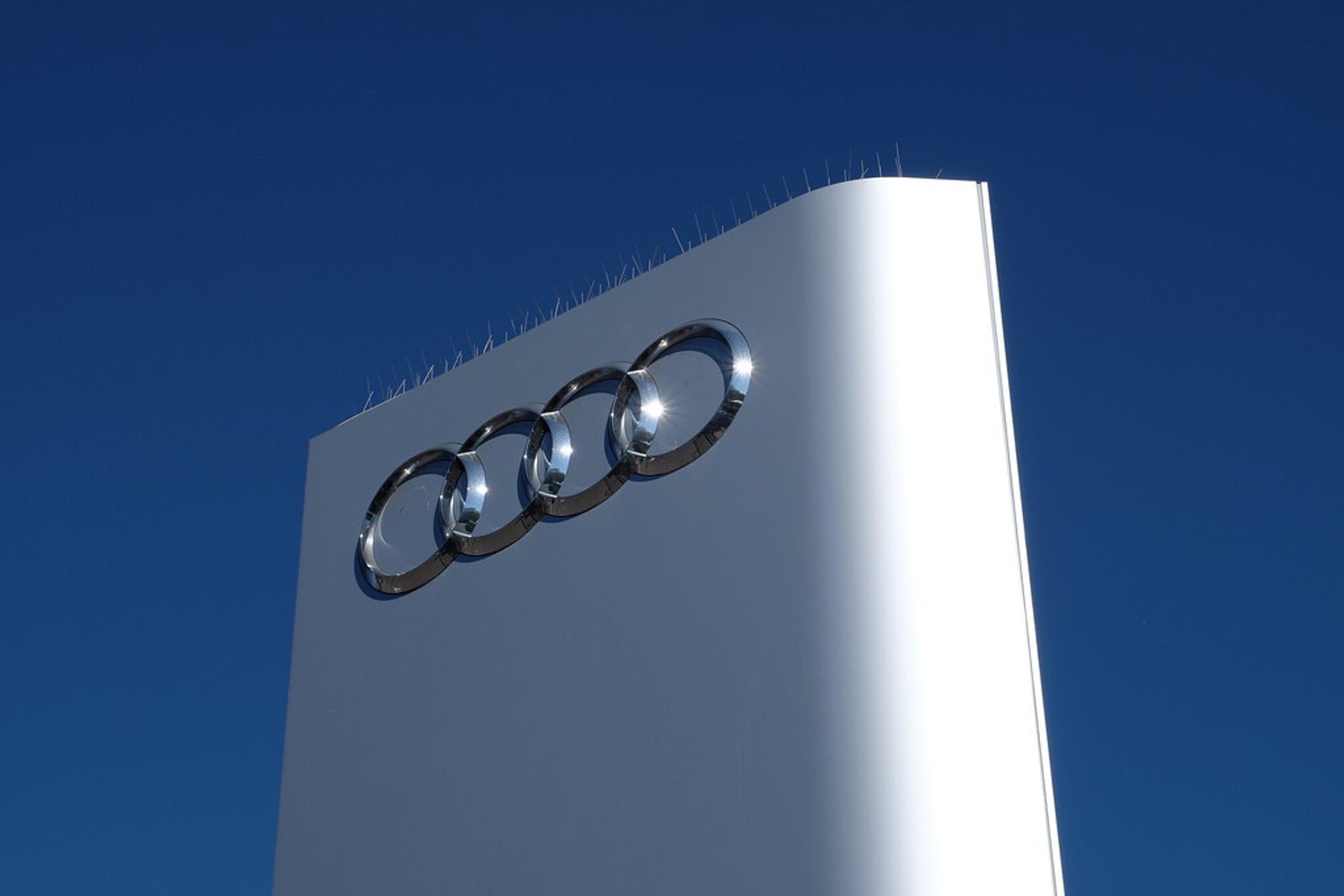
After enormous efforts to become a luxury car marker, today Audiis considered one of the most technologically advanced manufacturers globally, dictating trends in several research fields.
Like many manufacturers in the vast Volkswagen Group, Audi shares platforms, suspension, engines, and transmissions with other brands. Yet the maker's engineers have often managed to give Audi models a distinctive character and the reliability of a premium vehicle.
How reliable is Audi?
Over the past decade, Audi has been lauded for excellent build quality and a general sense of a good product. Audi does not have a recipe for faultless cars, but a few models could be very close to it. Several different models from the brand are consistently in the top 20 most reliable models, often leaving BMW and Mercedes-Benz models behind.
A vehicle dependability study by Consumer Reports has ranked the Audi A5 and A4 among the top 10 most reliable cars. Meanwhile, other models, like the Audi A3, Q5, or A6 have shown their credibility in the reliability study curated by French outlet Delivauto, beating several rivals from BMW and Mercedes-Benz.
As impressive as Audi's achievements are, the brand's cars have shortcomings. Audis with petrol engines have issues with water pump failure. Another concern is S-Tronic (dual-clutch) gearboxes, nonfunctional EGR valves, and the wear of the timing chain.
The most reliable Audi model – Audi A3
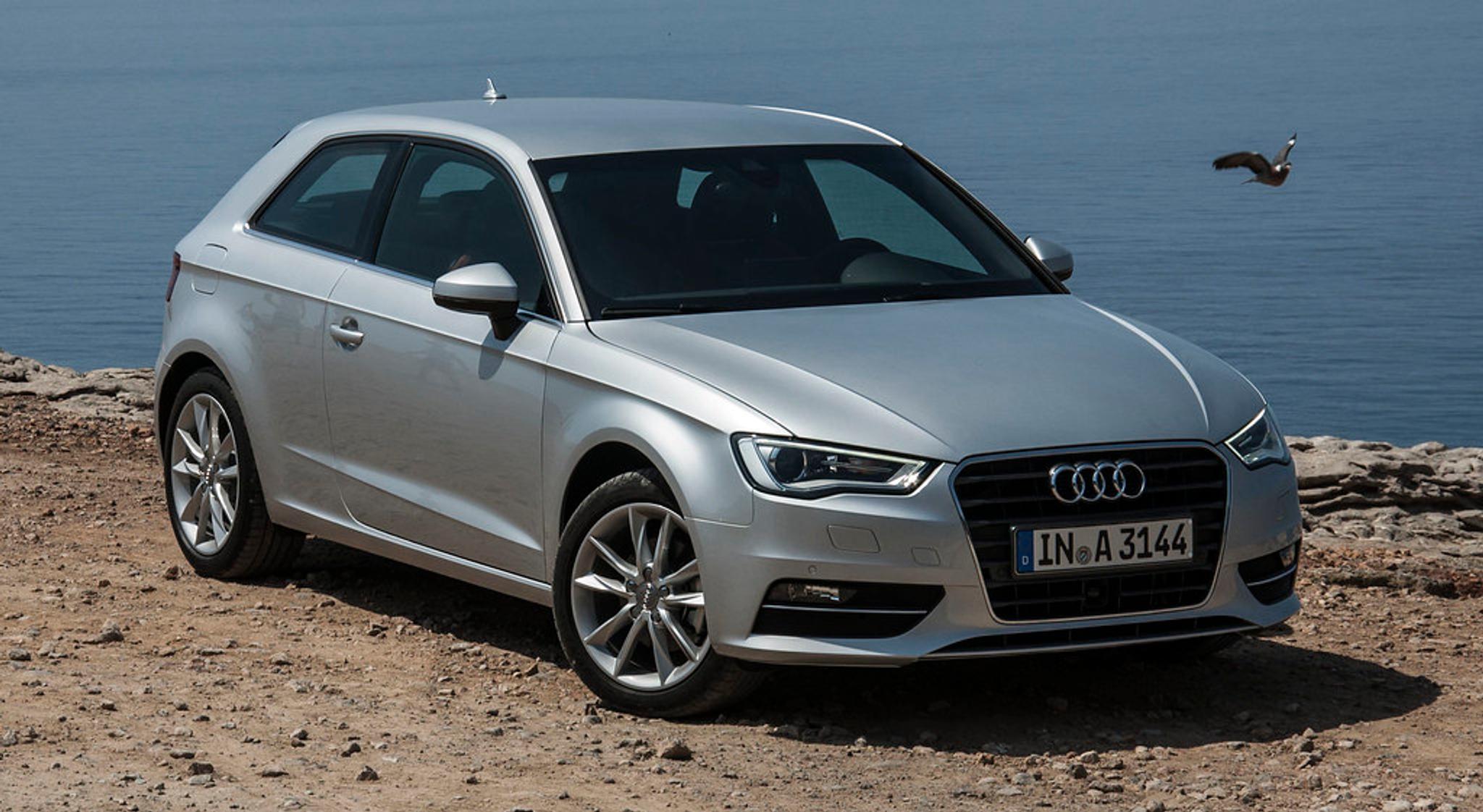
One of Audi's most popular models is built with components found in the considerably cheaper Volkswagen Golf. Still, several improvements have enabled Audi to create a compact car that is comfortable, convenient, and extremely reliable.
The third generation of the Audi A3 is close to being the Audi flagship. It offers excellent build quality, easy-to-use technology, and durability many other models would envy. It's no coincidence that the third generation of the Audi A3 has always been a benchmark for all competitors in this class.
1. Porsche
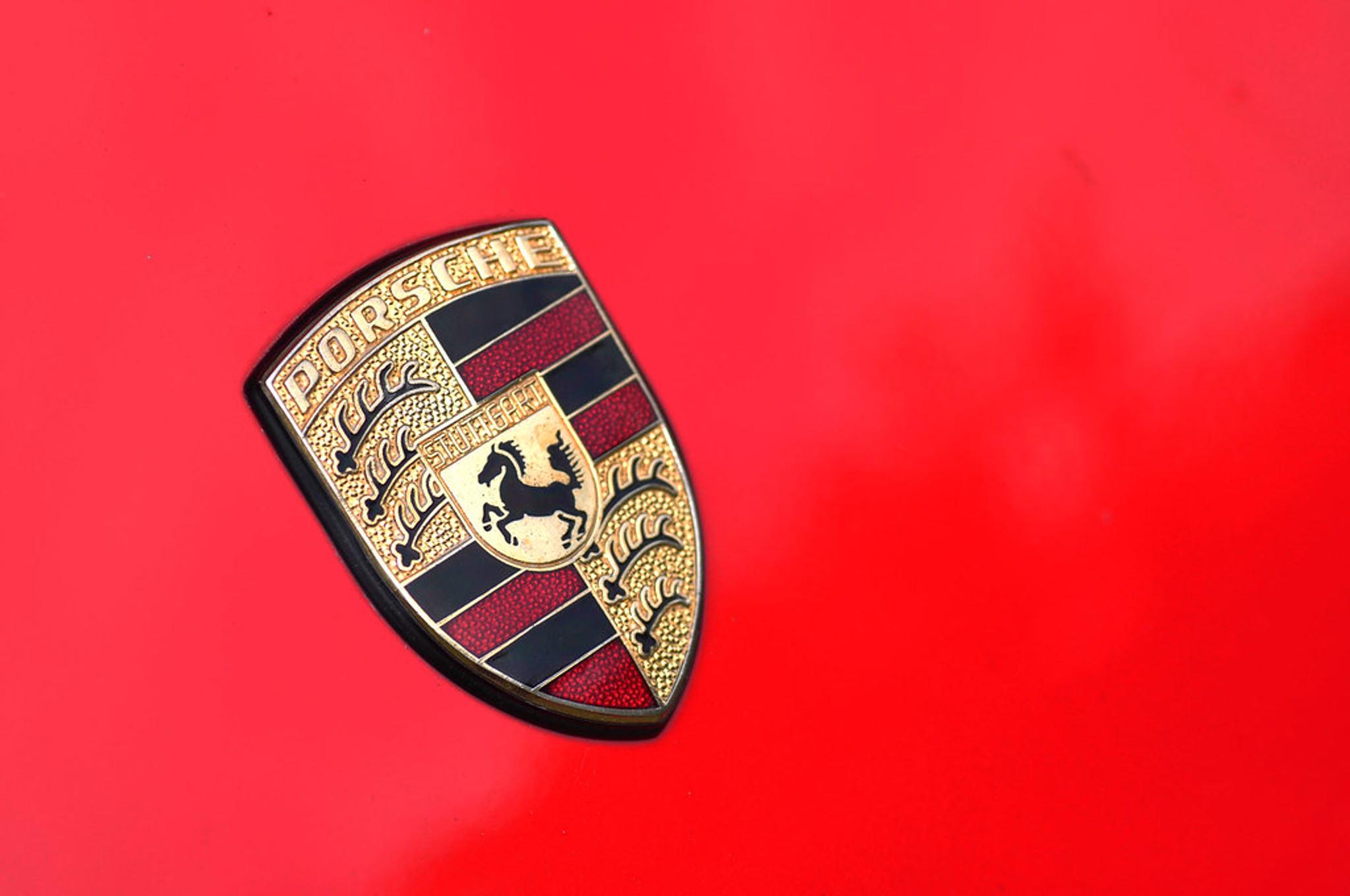
Porsche is a renowned sports car manufacturer, known worldwide for its talented engineers and motorsports activities.
The manufacturer's constant drive to produce the best sports cars in the world has certainly helped lay the foundations of trust for a huge number of drivers.
How reliable is Porsche?
Several automotive reliability studies, notably those conducted by Consumer Reports and Warranty Direct, rank Porsche's reliability way above the industry average. These studies put the maker closer to Japanese marques than other German car brands. However, each Porsche model's dependability should be considered separately.
The most popular marque models, Macan, Cayenne, and Panamera suffer from various issues, which these models have inherited from models that use the same components in the Volkswagen Group.
V6 petrol Macan, Cayenne, and Panamera cars suffer from timing case cover seal oil leaks. Also, owners report issues with fuel pumps, cracked exhaust mounts, or problems with Variocam adjuster bolts with models having a V8 petrol engine. However, thoroughbred Porsche performance cars do not share these weaknesses.
The most reliable Porsche model – Porsche 911

The Porsche 911 is the company's best-known model and is the closest thing to the brand's pure philosophy. It is also the most reliable on the roster.
For decades, Porsche perfected the sports car formula, without making drastic changes to the architecture. Of course, Porsche has implemented modern technologies, more fuel-efficient engines and advanced suspension systems, but without sacrificing reliability.
Granted, Porsche 911 owners cover less mileage than the average Porsche Macan owner. Still, more expensive and durable components make the favorite Porsche sports car dependable, no matter the weather.
German car reliability – just a myth?

Cars made in Germany were once prized for their superior engineering and quality. However, German vehicle reliability has steadily declined over the last few decades.
Various dependability and owner satisfaction studies show that several makes from Germany have been outshined by French and Korean makers.
However, there is a reason why so many German models look like a letdown. German cars need proper, detailed maintenance because of complex engineering solutions and a wide array of electrical systems. If reliability is a top priority, Germans cars need meticulous attention when it comes to maintenance, and that's not something everyone can provide.
Since most German-made cars can be fragile in the face of their owners' negligence, here are five tips to improve their endurance.
1. Change the engine oil more frequently
Germans cars with turbocharged petrol engines are known for their dynamic abilities. However, a price to pay for that is a thirst for engine oil.
To protect these engines from unusual breakdowns, every German car owner should closely monitor the oil level in the engine.
Also, change engine oil more often. Most manufacturers recommend changing the engine oil, for example, every 20,000 miles (30,000-32,000 km). However, for maximum reliability, engine oil should be changed every 7000-10,000 miles (11,000-16,000 km).
2. Do not forget the oil in the gearbox
Most modern German cars use automatic gearboxes. Audi, Mercedes-Benz, Porsche, and VW have a very effective double-clutch transmission system, which helps improve fuel economy and comfort while driving a car.
However, these gearboxes are very sensitive to lack of proper maintenance. The oil in the DSG gearbox should be changed every 40,000 miles (60,000 km). The same goes for Mercedes-Benz G-Tronic and BMW’s 8-speed automatic transmissions.
3. Use an appropriate battery
Your car’s battery is susceptible to weather and needs preventative care. Ensure that it has a tight connection and there isn’t any corrosion surrounding it.
Furthermore, most German cars require AGM batteries. This type of battery typically lasts 5-7 years, but they give minimal warning when they are nearing the end of their lifespan.
4. Use quality parts
It is an essential tip for all current and future German car owners. If you can afford it, use OEM parts, which were designed to withstand the manufacturer's quality standards from day one.
If OEM parts are too expensive, look for good aftermarket alternatives. They tend to offer an excellent price and durability ratio.
5. Don't jump to conclusions
There is a saying that the "Check Engine" light in VW cars stays on so much that if it goes out, the bulb must be broken.
Indeed, every German car has many sensors which monitor the car's health. While a warning light could indicate a severe problem, don't jump to conclusions and use computer diagnostic software to see what the German car is trying to tell you. Sometimes it could be faulty sensors, sometimes just a cheap fuse.
Key to happy German car ownership – a clear vehicle history
Regular maintenance of a German car can be expensive and may not be acceptable to everyone. It means there is no shortage of examples on the used car market maintained carelessly or without heeding the manufacturer's recommendations. This type of car will be more trouble than pleasure.
To avoid financial loss and to distinguish a suitable vehicle from a bad one, use a dependable VIN decoder to check the history of any German cars you're intent on buying. It will show if the mileage on the odometer is accurate. Also, it will provide you with information about thefts, titles, and damages.


Check your VIN
Avoid costly problems by checking a vehicle's history. Get a report instantly!
Related articles:
- 10 most reliable BMW models
- 5 most reliable Mercedes-Benz models
- 10 most reliable Ford models
- Top 10 most reliable Audi models
- 8 most reliable Japanese cars
- 10 most reliable crossovers
- 6 most reliable Volkswagen models
- 10 most reliable Lexus cars
- 10 most reliable hybrid cars
- 8 most reliable luxury cars
- 15 most reliable cars in 2022
Frequently asked questions

Article by
Aivaras Grigelevičius
Aivaras has been excited about cars since he was a little kid. Later, this passion for drivable objects (and everything that surrounds them) grew into work as an automotive journalist. Since then, Aivaras has written for several different magazines, covering anything with an accelerator pedal. He has a soft spot for cars with an Alfa Romeo badge.
